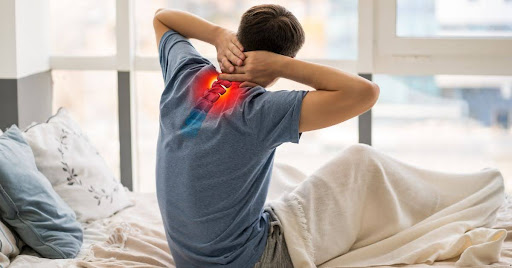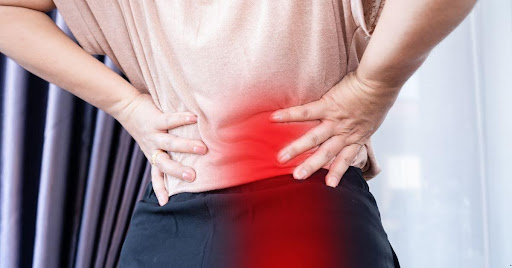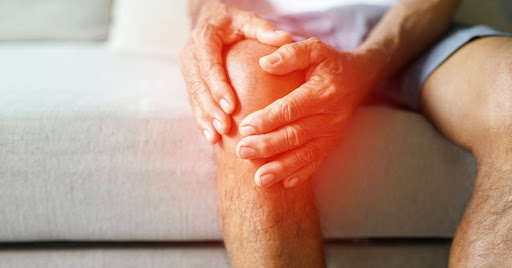Bone Pain: Causes, Symptoms & Natural Relief Methods
3 min read
By DocGenie , Published on - 15 April 2025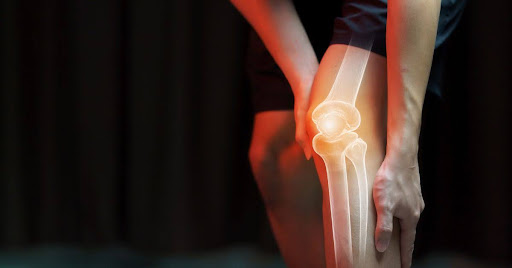
Bone pain is more than just a dull ache—it can be a signal that your body needs attention. Unlike muscle or joint pain, bone discomfort is often deeper and more intense, and it may indicate an underlying health issue.
Let’s explore the common bone pain reasons, how to identify bone pain symptoms, and most importantly, effective ways to find relief.
Why Are My Bones Paining? Understanding the Root Causes
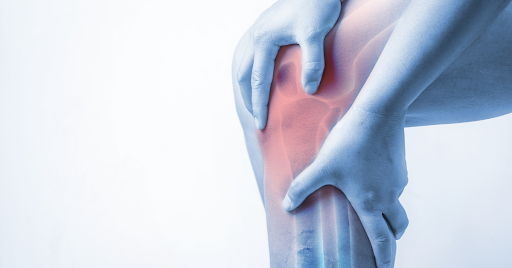
There are several factors that contribute to bone pain, ranging from minor injuries to serious medical conditions.
Common Bone Pain Reasons
- Injury or trauma: Fractures, bruises, or repetitive stress
- Vitamin D or calcium deficiency: Weak bones due to nutritional gaps
- Infections: Bone infections (osteomyelitis) or systemic infections
- Arthritis and inflammation
- Bone cancer or metastasis
- Leukemia or other blood disorders
- Osteoporosis: Thinning bones more prone to fractures
If you’ve been wondering why bones are painful, it’s essential to consider both physical and metabolic factors that affect bone health.
Bone Pain Symptoms You Shouldn’t Ignore
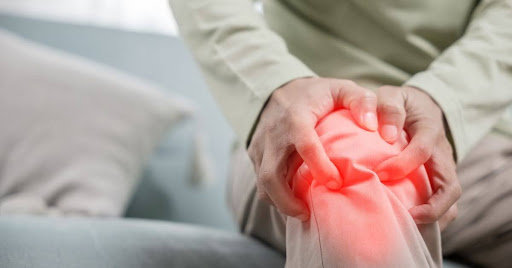
Bone Pain Symptoms:
- Constant, deep, or aching pain (not related to movement)
- Tenderness even without touching
- Pain that worsens at night or with rest
- Swelling, redness, or warmth in the affected area
- Restricted mobility or stiffness
- Pain in bones all over body, especially with fatigue
In cases where pain persists for more than a few days or increases in intensity, consulting a healthcare professional is crucial.
Conditions Where Bone Pain Is Felt All Over the Body
Generalized bone pain, or pain in multiple areas, may be linked to more systemic causes.
Common Triggers for Widespread Bone Pain:
- Fibromyalgia
- Vitamin D deficiency
- Chronic fatigue syndrome
- Hormonal imbalances
- Cancer metastasis to the bones
- Certain autoimmune conditions
If you’re experiencing pain in bones all over the body, it’s important to run diagnostic tests to rule out serious conditions and begin proper management. is crucial.
Bone Pain Treatment: What Are the Options?
Treatment varies based on the underlying cause but can be broadly classified into medical, physical, and lifestyle interventions.
Medical Treatments:
- Pain relievers: Crocin, NSAIDs or prescribed pain medications
- Calcium and Vitamin D supplements
- Antibiotics for infections
- Bone-strengthening medications (e.g., bisphosphonates)
- Hormone therapy if pain is linked to menopause or other endocrine issues
Physical Therapy:
- Gentle stretching and mobility exercises
- Use of heat or cold therapy
- Physiotherapy for injury-related recovery
Your doctor may suggest a combination of therapies depending on your specific bone pain reason.
Natural Remedies and Lifestyle Tips to Reduce Bone Pain
You can manage mild to moderate pain using safe home-based methods.
How to Reduce Bone Pain Naturally:
- Sun exposure for Vitamin D: Aim for 15–20 minutes daily
- Calcium-rich foods: Include dairy, leafy greens, tofu, and almonds
- Anti-inflammatory foods: Ginger, turmeric, berries, and omega-3 sources
- Epsom salt baths: Helps relieve soreness
- Gentle yoga or low-impact movement
- Stay hydrated to keep joints and bones lubricated
- Avoid smoking and alcohol, which can weaken bones
These lifestyle changes support bone health and aid in bone pain treatment without side effects.
When Should You See a Doctor for Bone Pain?
Don’t wait too long if you experience:
- Persistent or worsening pain
- Swelling or visible deformity
- Pain along with fever or weight loss
- Night sweats or fatigue
- Difficulty moving the affected area
Early diagnosis ensures faster healing and prevents complications.
